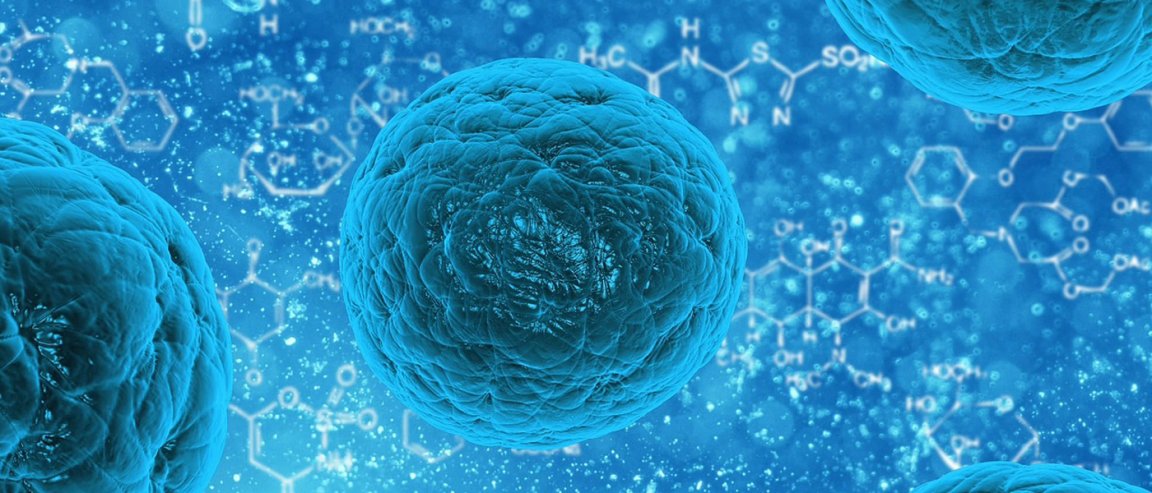
Tummy Troubles
Autism spectrum disorder (ASD) is a group of developmental disorders categorized by a range of symptoms and behaviors. The Centers for Disease Control (CDC) estimate that 1 in 68 children fall on this spectrum. That number continues to rise as awareness of the condition grows. A new method of treating ASD is being investigated by researchers from Arizona State University, Ohio State University, and the University of Minnesota.
Using past research that concluded that there were ties between ASD and gut microbe diversity as a foundation, the team attempted to make the gut microbiome of children with autism more closely resemble that of non-ASD children. The researchers hoped that by performing fecal microbial transplants, which are typically used to treat recurrent C. difficile colitis, a condition that can cause serious digestive problems, the composition of the treated children’s microbiome would be changed and symptoms of the disorder would be mitigated.
The study involved 18 children between the ages of seven and 16 with autism. Each child took part in a 10-week course of treatment involving antibiotics, a bowel cleanse, and daily fecal microbial transplants. Newswise reports that the testing produced some promising results, including an 80 percent improvement of gastrointestinal symptoms and 20 to 25 percent improvement in autism-related behaviors such as social skills and sleeping habits.
One of the more promising aspects of the study is that some of the implanted bacteria remained even after treatment ended. This gives hope for long-lasting positive effects for patients treated with the method. The full findings of the team can be found in the journal Microbiome.

Right in the Gut
The researchers realize that the treatment has a long way to go until it would be available to all children affected by ASD. However, they are still optimistic. Ron Knight, director of the Center for Microbiome Innovation at University of California San Diego said, “This is very exciting work that illustrates how we can transition from observations relating the gut microbiome and disease toward actions that can be taken to improve human health.”
The next steps in the process will help determine if this treatment will be effective for all who could potentially benefit from it. Additional testing will be done even before the treatment is submitted to the FDA for approval. According to Northern Arizona University’s Greg Caporaso, one of the study’s leaders, “In the next phase, we will perform a double-blind, placebo-controlled experiment, which would be the next step toward developing a treatment that could be brought to market.”
Rapid scientific advances are allowing us to better understand existing medical ailments, which, in turn, allows for the development of novel treatment options that can improve the lives of people of all ages across the entire globe.